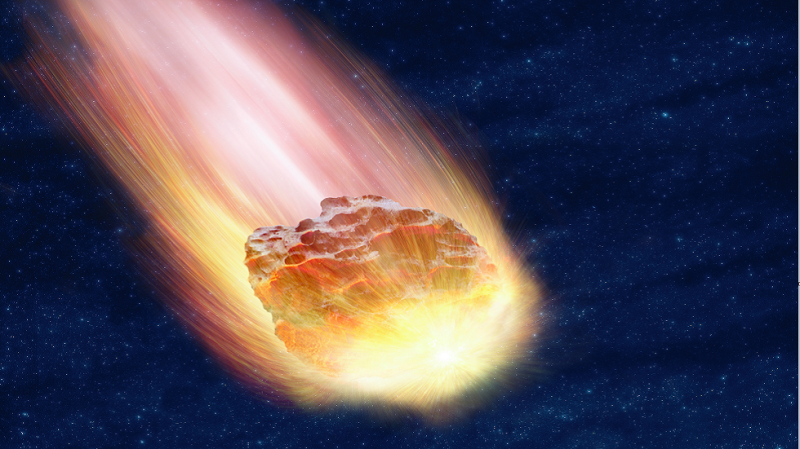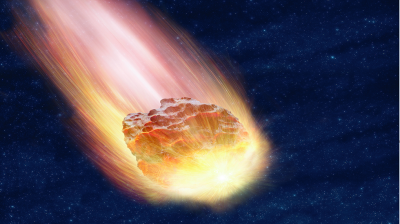The chief researcher at the Institute of Solar-Terrestrial Physics of the Russian Academy of Sciences, Professor Sergey Yazev, clarified the origin of the "fireball" that appeared in the sky of Japan. In an interview with the newspaper "Izvestia," the professor stated: "This bright fireball that flew in the sky over Japan is an exploding meteor. A small celestial body penetrated the Earth's atmosphere and burned up completely without leaving any trace." He continued: "Based on the video presented, there is no doubt that this is what is called an exploding meteor, which is a small celestial body that entered the Earth's atmosphere and burned up without leaving a trace. It is not a piece of space debris at all because its speed is very high." According to him, the size of this celestial body does not exceed 10-20 centimeters.
He added: "The tremendous speed caused the rock to heat up to thousands of degrees due to friction with the air. This led to the air glowing brightly along its path. Therefore, the phenomenon was visible even during the day. The reason for the green hue of the glow is almost the same as in the case of the aurora borealis: it is how ionized oxygen glows in the atmosphere."
The professor pointed out that, based on its high falling speed and extinguishment, "there was little chance of this body reaching the Earth. It seems that it turned to dust under the influence of the hot air." He stated: "As for the advance predictions of such phenomena, it is almost impossible to notice a small rock approaching Earth. Modern astronomical tools can only detect such bodies in advance if they are larger and simultaneously move against the backdrop of the night sky," noting that "the famous fireball, accompanied by the fall of meteorite fragments in Chelyabinsk, was several times larger, but it could not be detected in advance because it was flying from the direction of the Sun."




